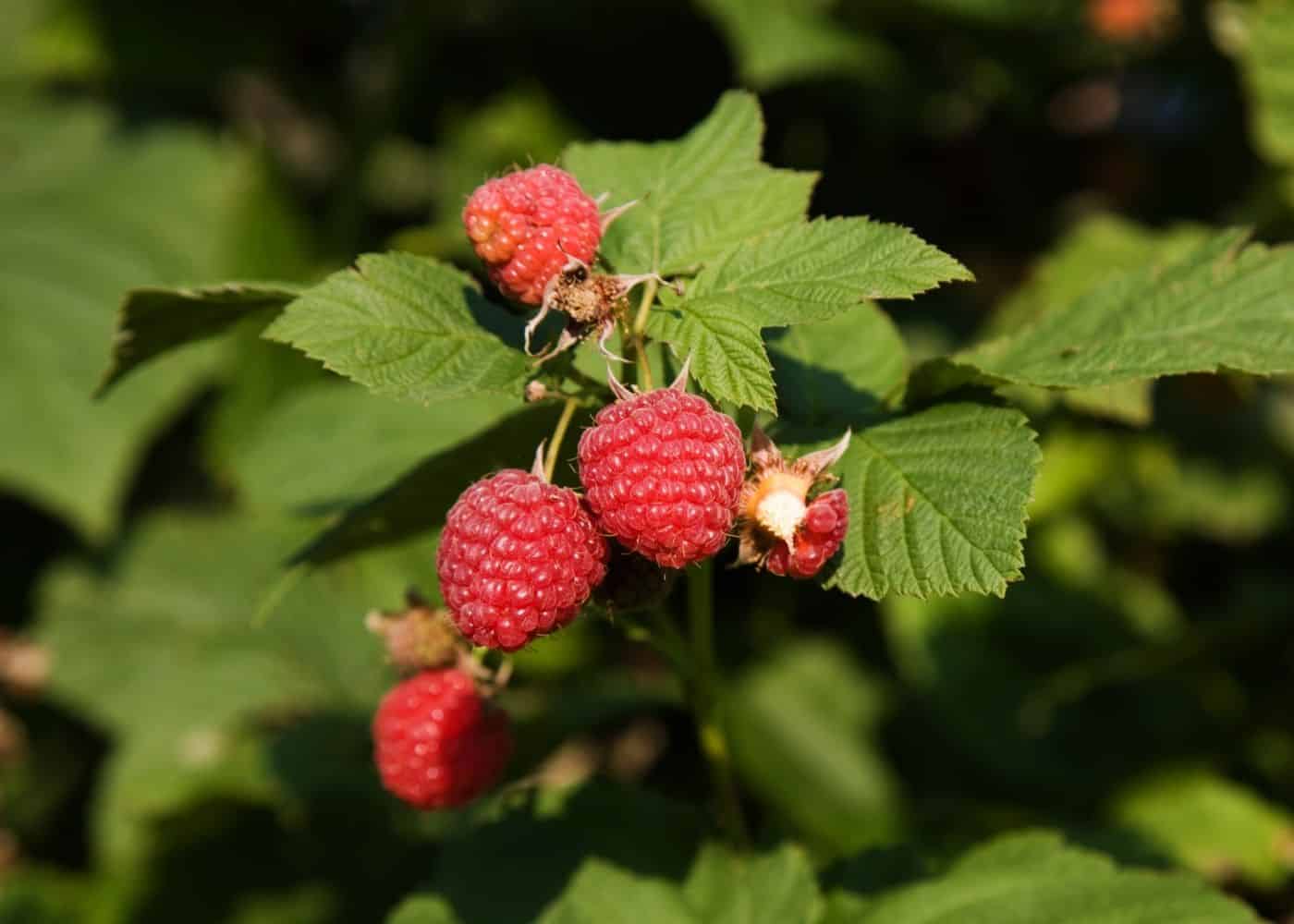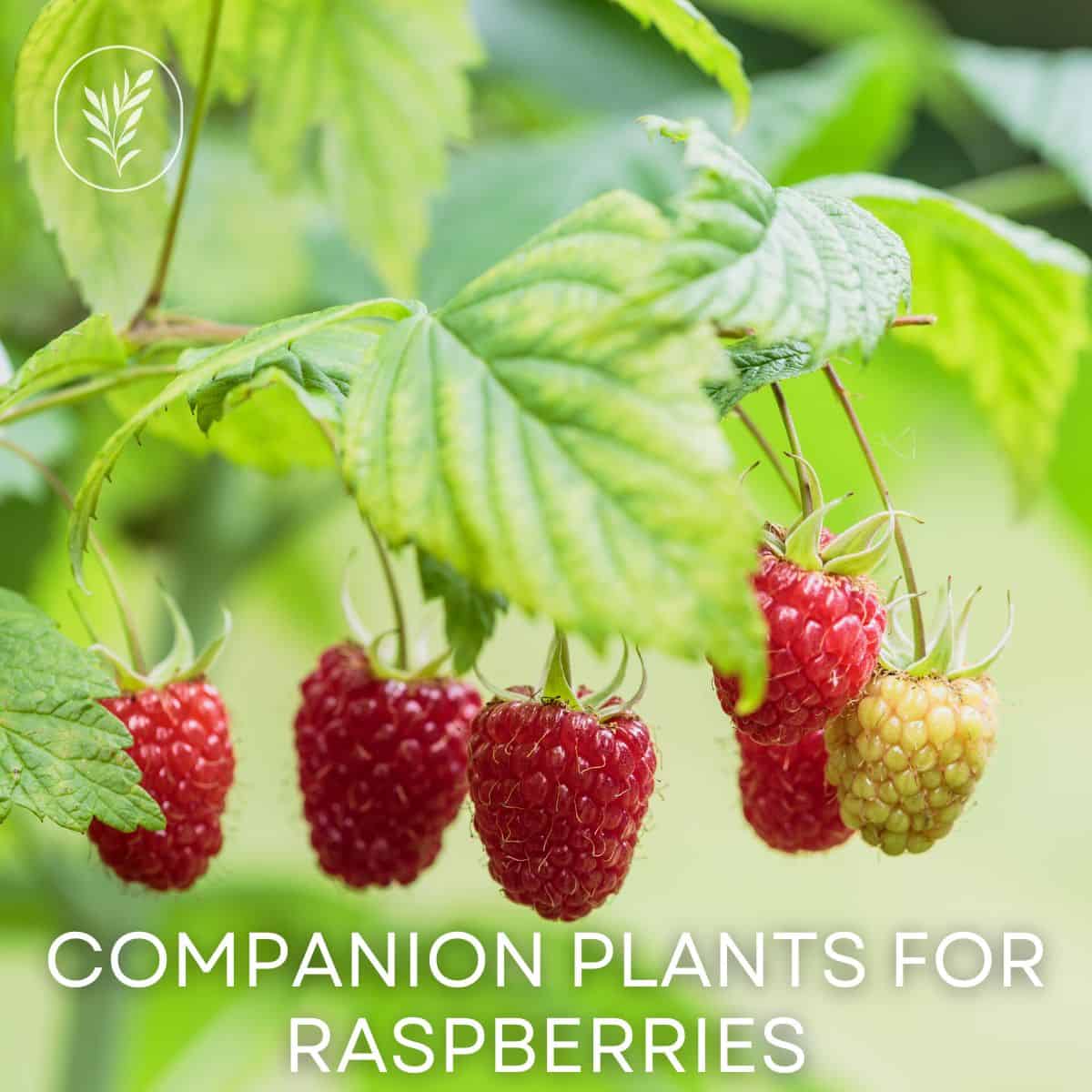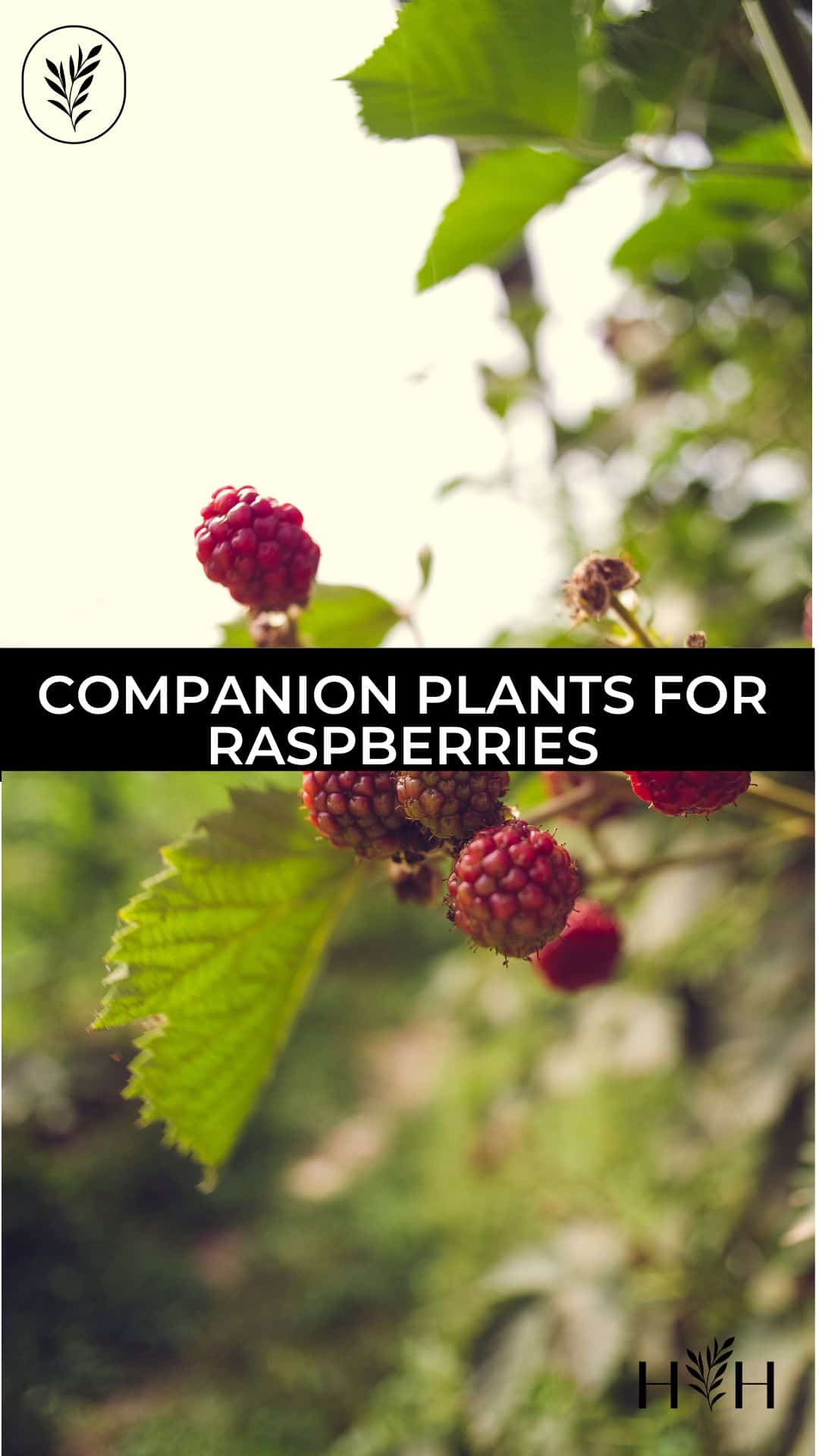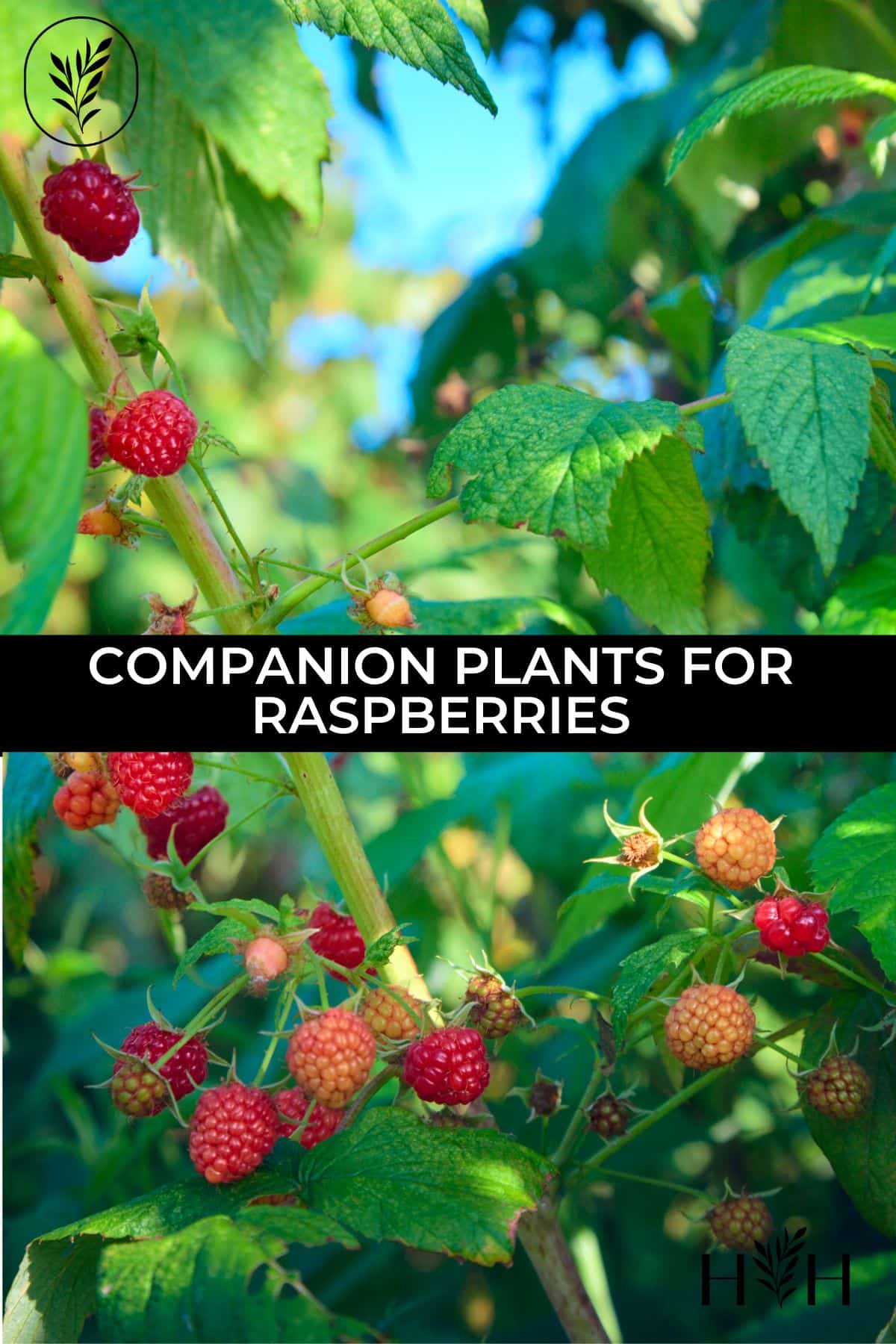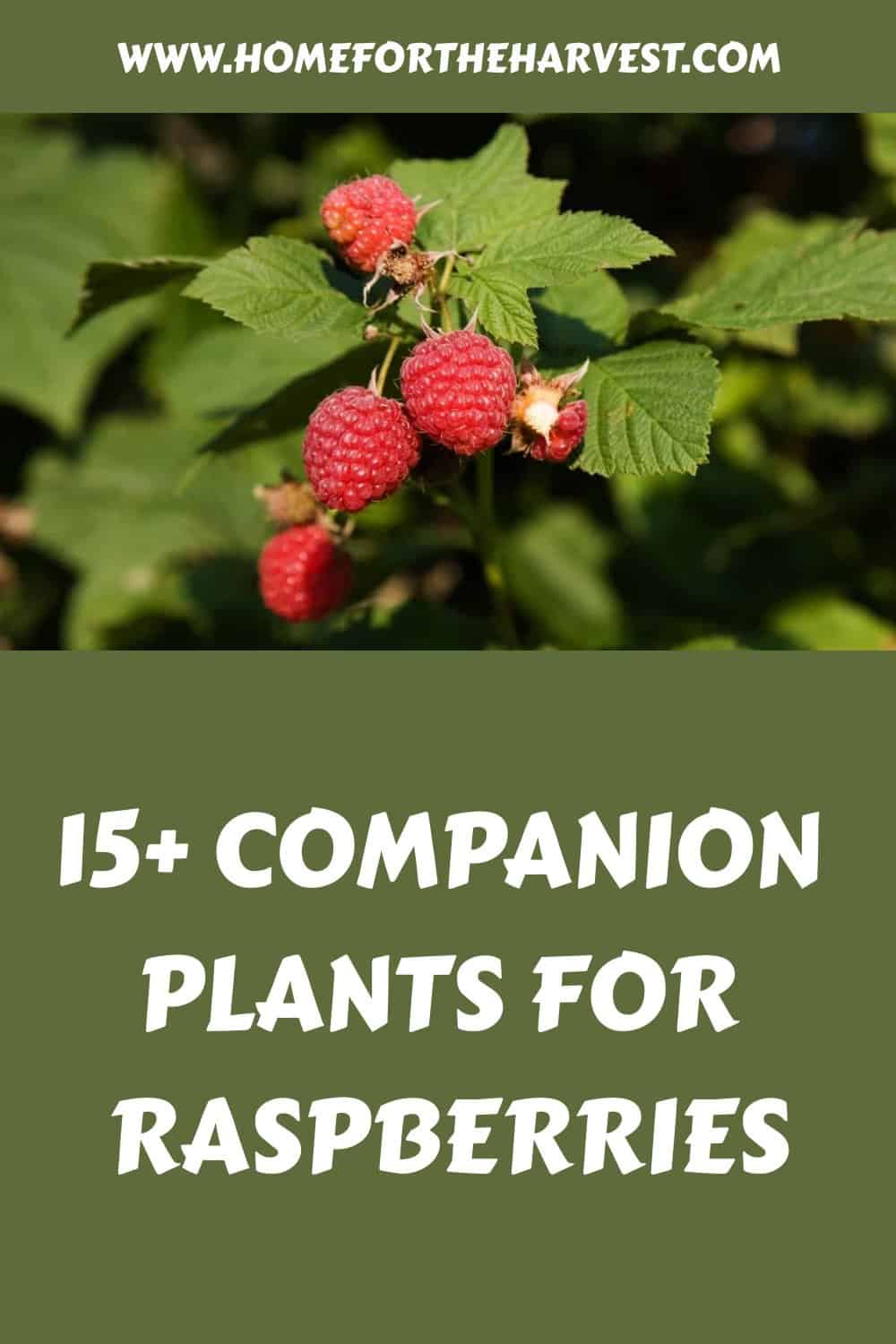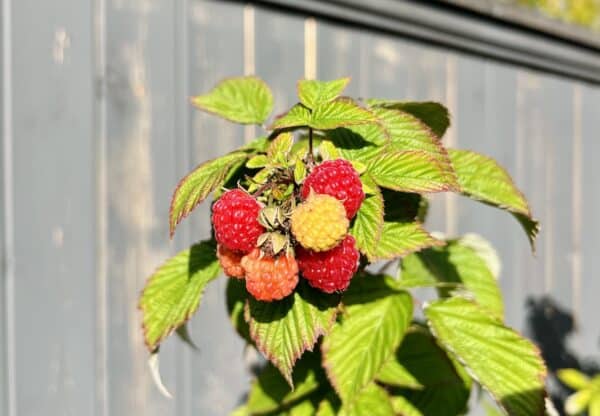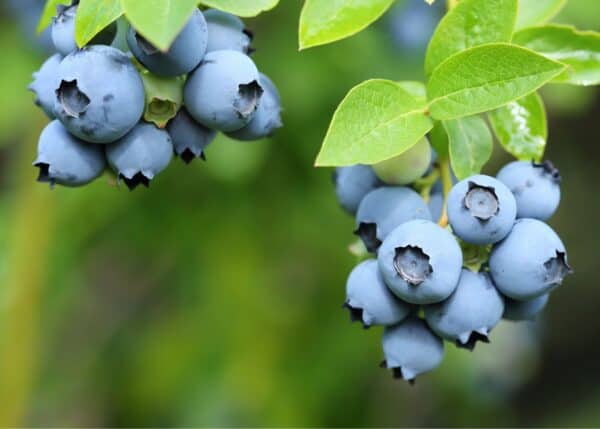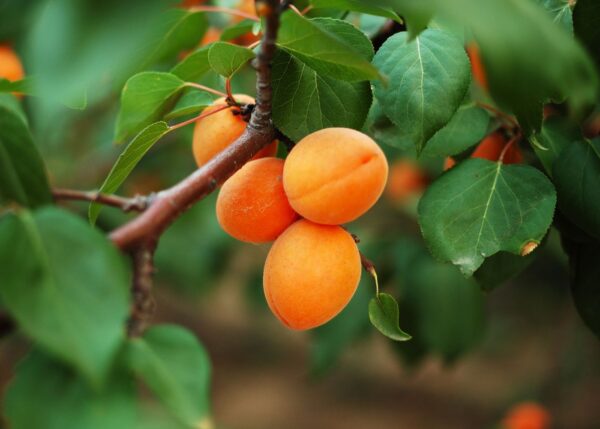Good companion plants for raspberries include clover, sunflower, lavender, garlic, onion, chives, marigolds, nasturtiums, oats, and buckwheat. Avoid planting nightshades like tomatoes, potatoes, and eggplants near your raspberry plants. You may also wish to avoid planting fennel or strawberries nearby.
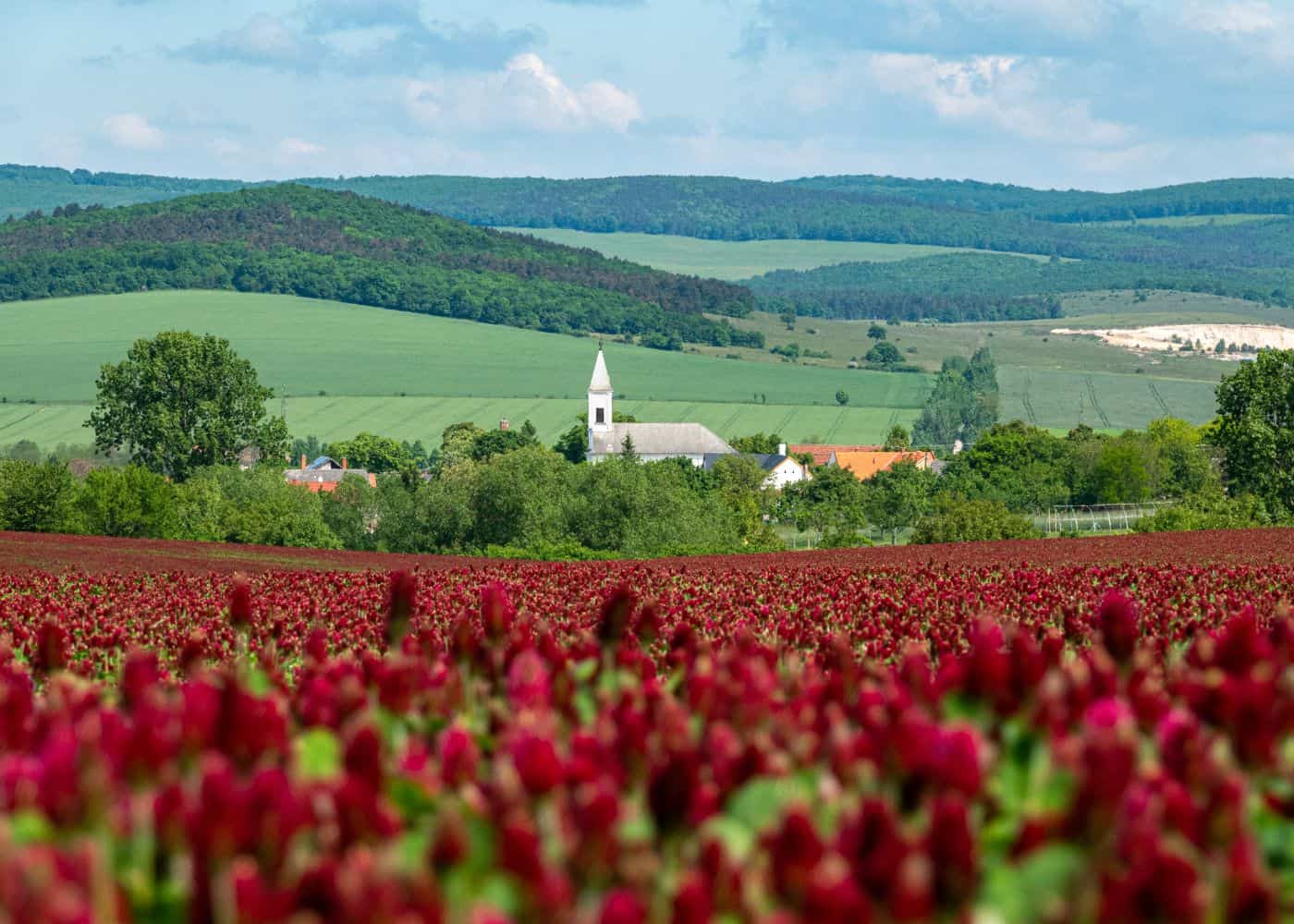
1. Crimson clover
Crimson clover is one of the most beautiful nitrogen-fixing plants you can find. Not only will these pretty groundcovers provide you with a colorful and gorgeous garden but they will provide their companions with enriched soil allowing your raspberry bushes to flourish to their full potential. They also attract pollinators and other beneficial insects such as lacewings and parasitic wasps.
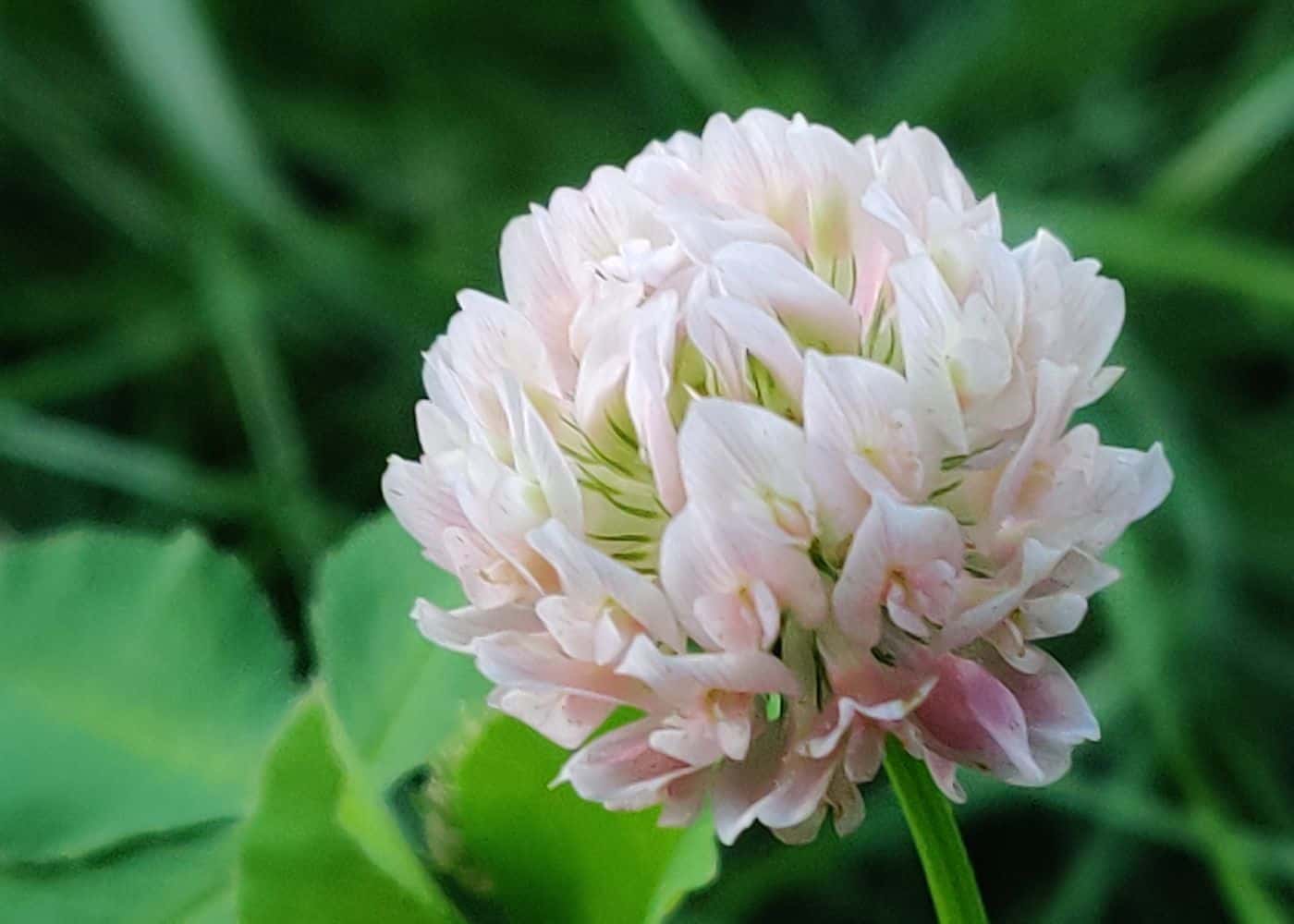
2. White clover
White clovers are also great nitrogen-fixing plants, enriching the soil around them and allowing their companion plants to thrive. Both classic White Dutch clover and the cold-tolerant Frosty Berseem clover are great options.
They are a great living mulch plant to keep around your raspberry plants because they also help keep weeds at bay and attract beneficial insects as they flower. Just don’t let it grow too many seeds. It’s usually mowed down before the flowers turn into seeds, but this is just something to be mindful of.
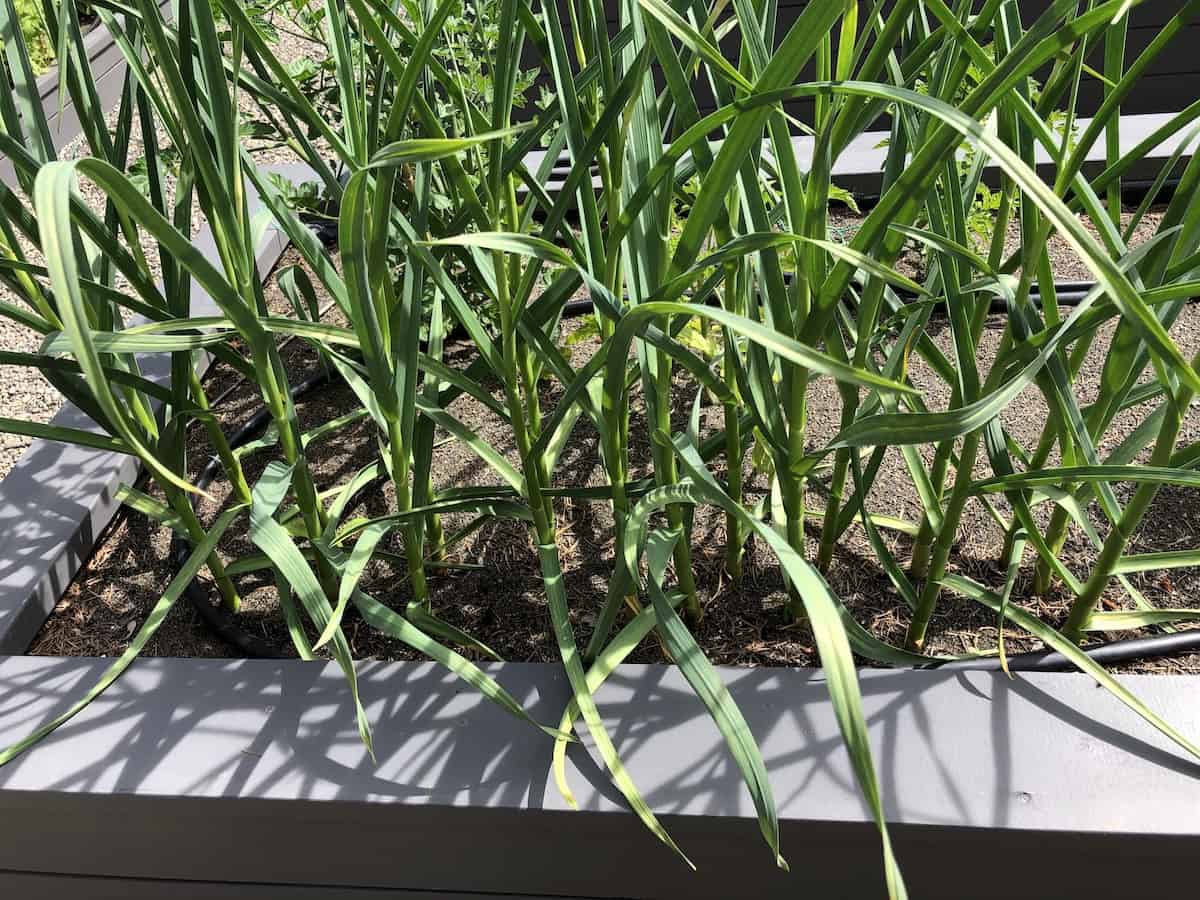
3. Garlic
Garlic, known for being an excellent ingredient in the kitchen, is also an excellent companion for your garden. Its strong, pungent scent will help shield the sweet scent of berries and dissuade harmful bugs and pests from eating your crop—making it an ideal, natural pest control companion plant!
And the nice thing about growing garlic is that a whole host of gourmet varieties are available that you can’t find in stores. From the creamy porcelain types to the spicy purple stripes, there is a type of garlic for everyone.
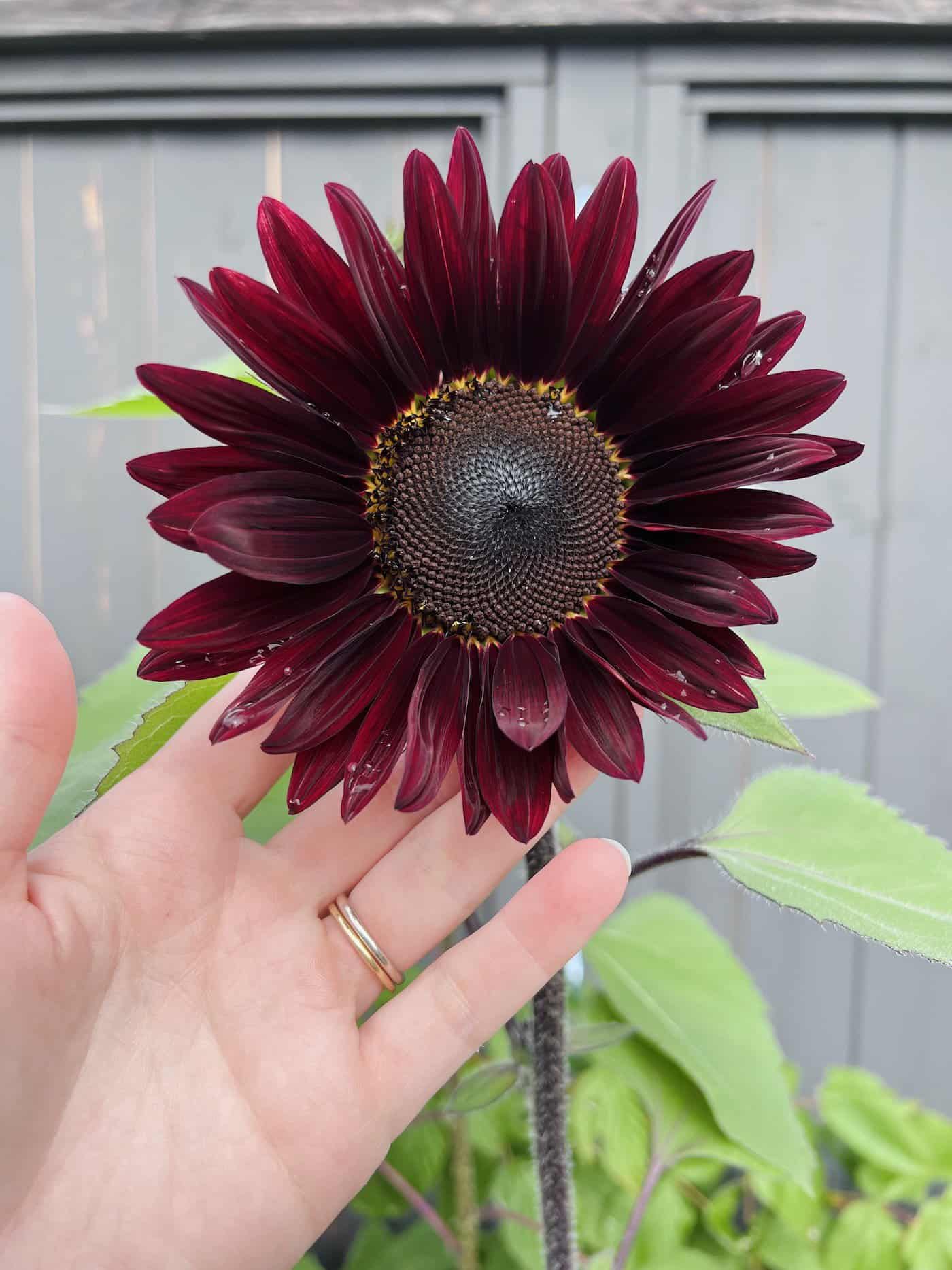
4. Sunflower
Sunflowers make fantastic companion plants for many berries, including raspberries. The cheerful blooms attract a whole host of pollinators to the area. Branching sunflower varieties are particularly great, with the ‘Lemon Queen’ cultivar being the top choice for attracting beneficial pollinators to your garden.
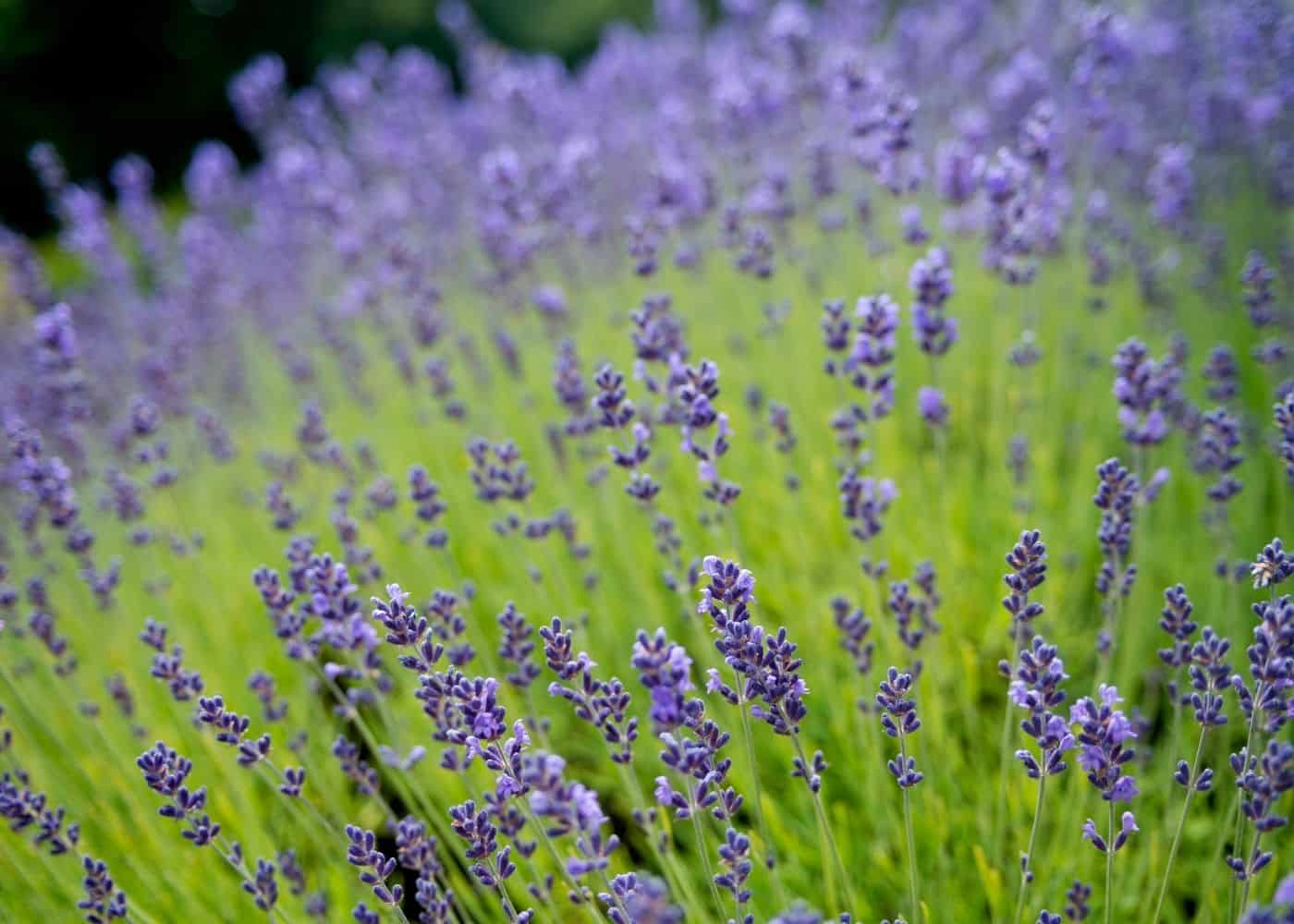
5. Lavender
Lavender is an excellent companion plant because it has such a strong scent that it distracts harmful insects and pests from feasting on your berries. While it might be an enjoyable aroma for humans, it certainly is not for certain creatures and helps mask the sweet scent of your berries. They also attract helpful pollinators and help provide a bit of shade to shield your crop so they don’t get too hot.
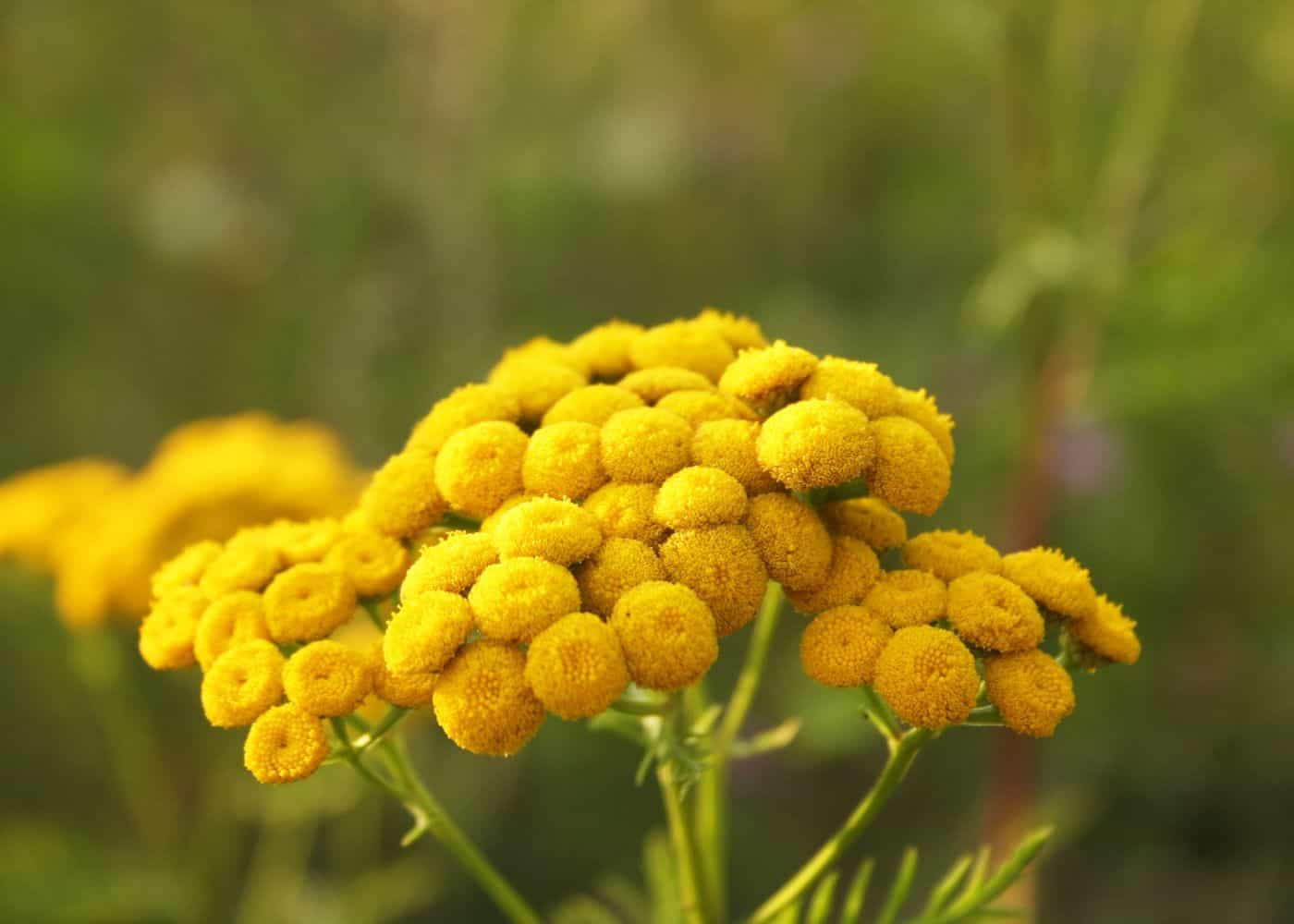
6. Tansy
Tansy is a potentially good companion plant for raspberries because it contains a poisonous chemical called thujone—which aids in repelling pests and other helpful insects. They also help provide potassium to the soil around it—allowing its nearby neighbors to benefit as well. Note: Its leaves are toxic to people and animals if ingested.
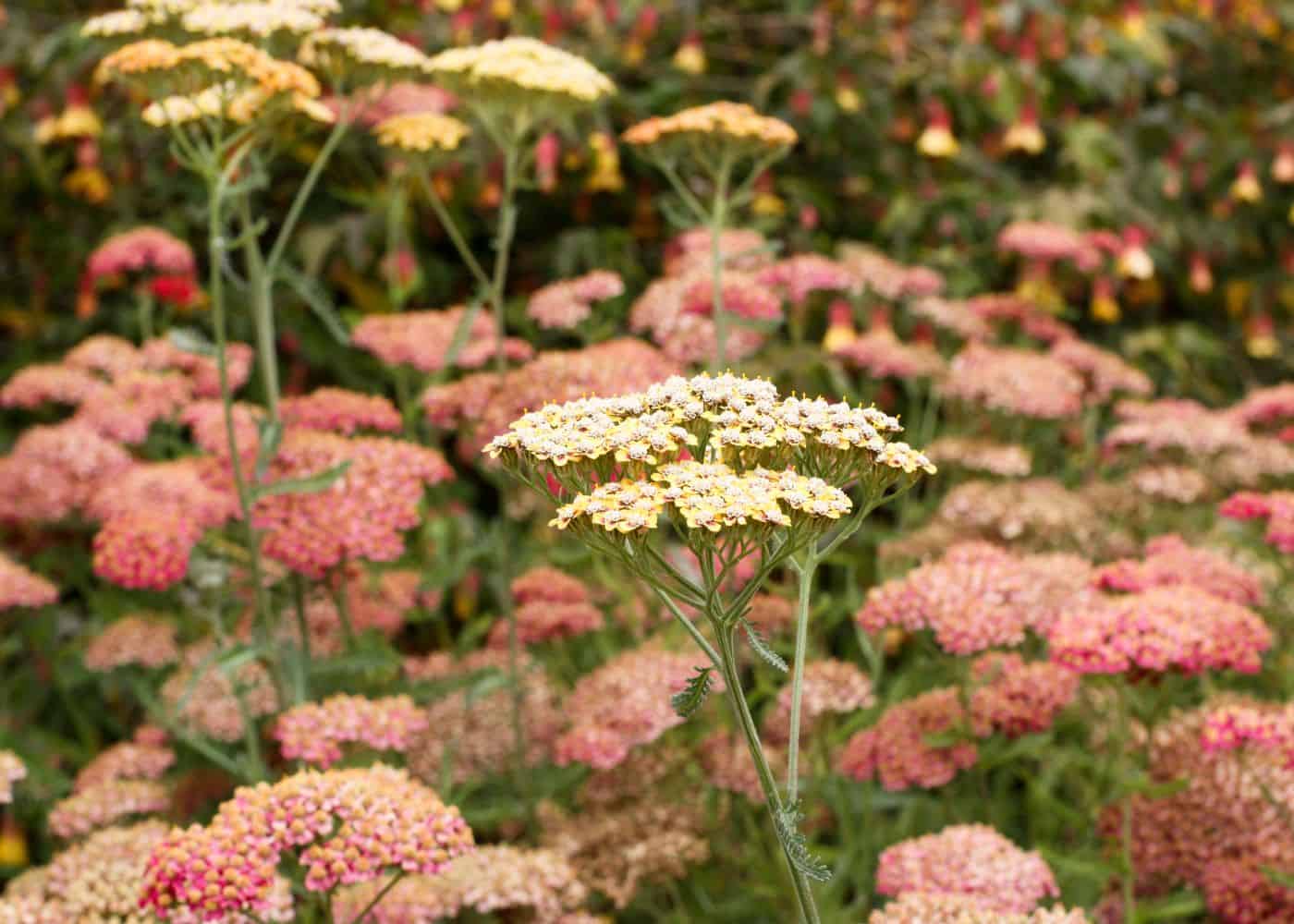
7 . Yarrow
Yarrow is similar to tansy in that it helps protect your crop from unwanted bugs and pests—but does attract beneficial pollinators. It’s also a beautiful flower that will add a visual appeal that pairs nicely with raspberries.
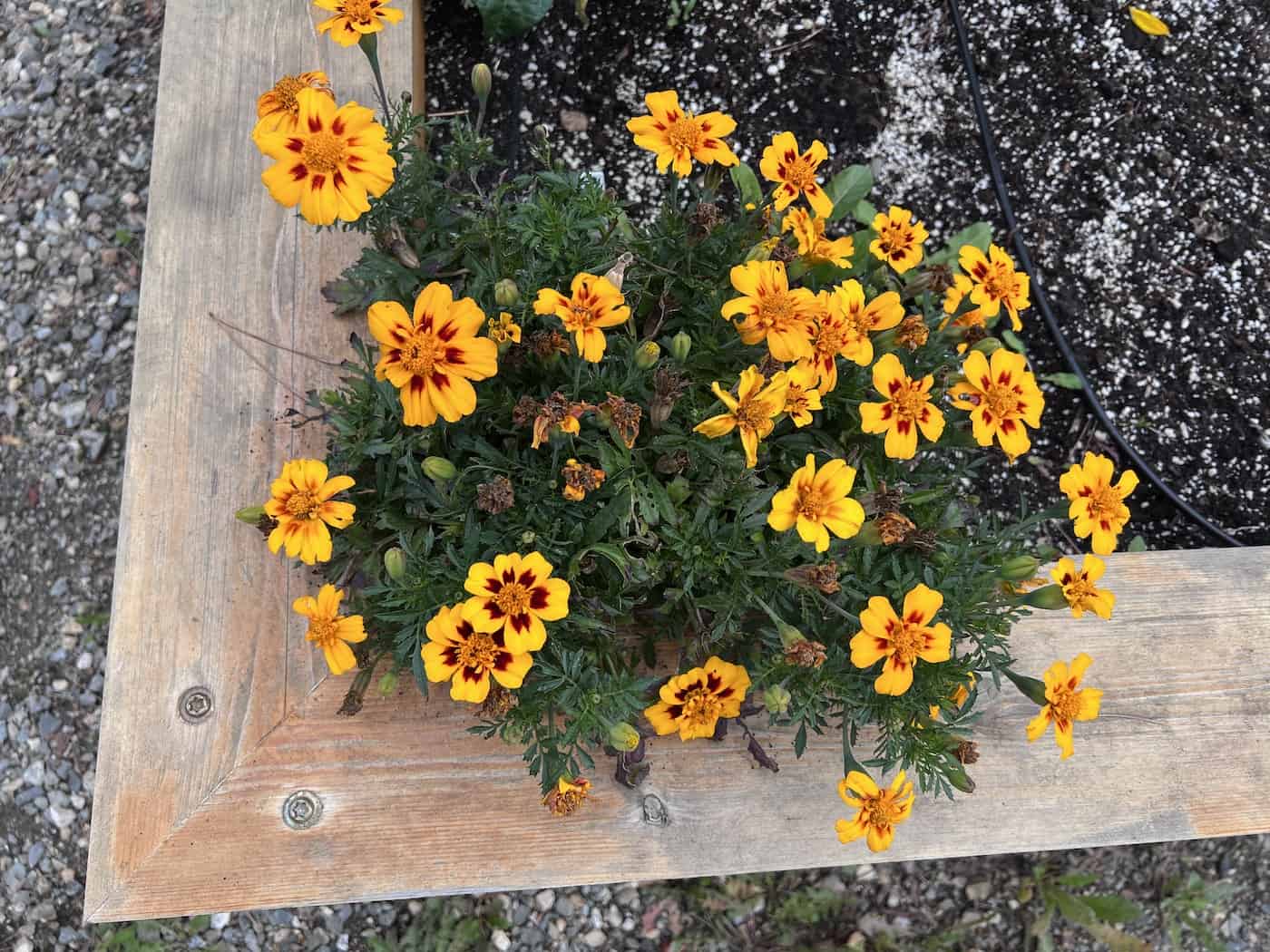
8. Marigolds
Marigolds make good neighbors because they brighten up your garden, adding to its beauty, but rest assured, they are more useful than just good looks! Many gardeners swear by Marigolds, promising they are the best plants acting as an undeniable, natural pest repellent because of their specific scent. Marigolds will also grow well with raspberry fertilizer added to the ground around the canes.
9. Spring oats
Oats (Avena sativa L.) are a cool-weather crop, generally great at helping prevent weeds from getting out of control and stopping other erosion. Spring oats also improve soil conditions for surrounding crops like raspberries.
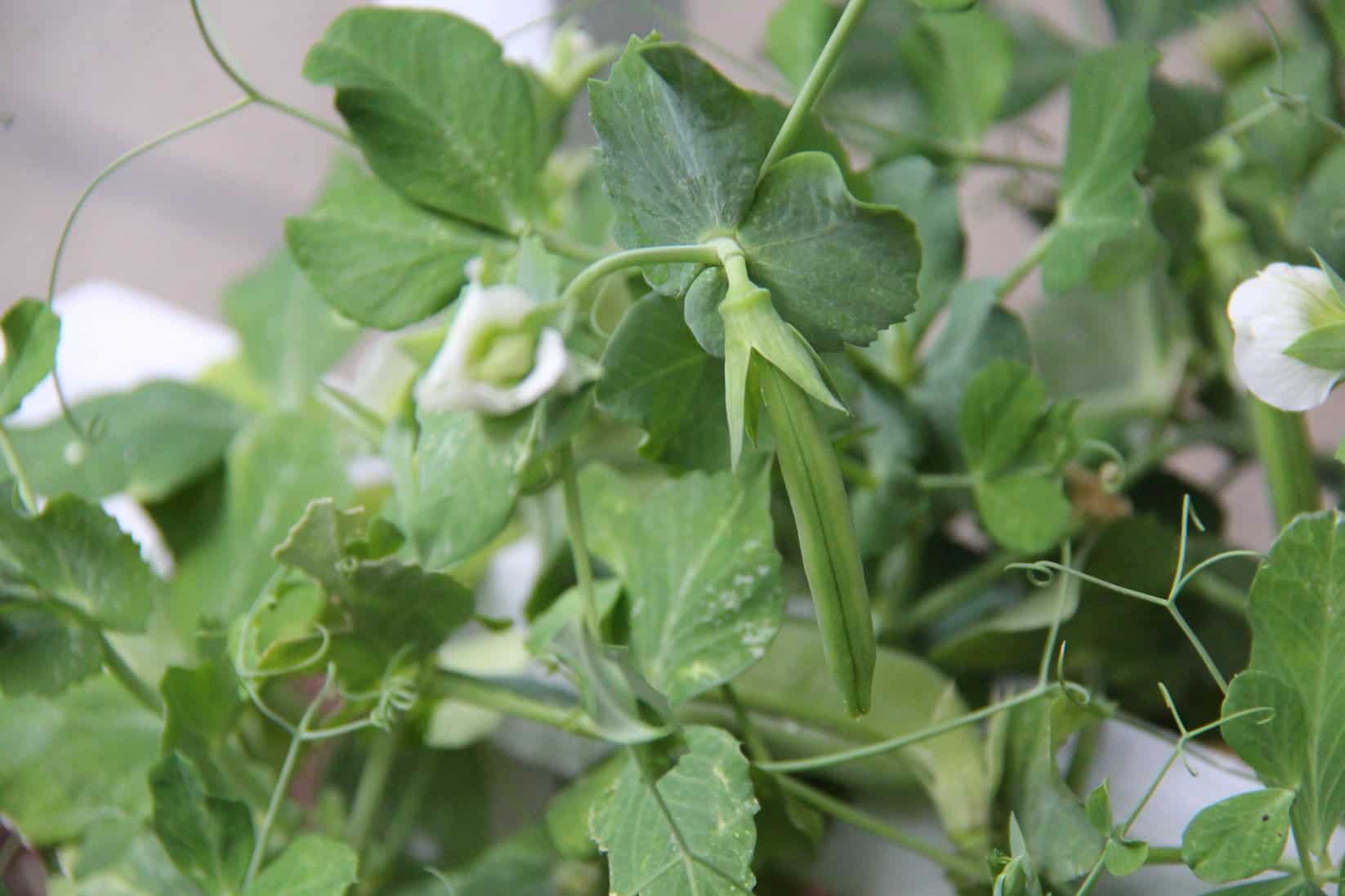
10. Peas
Peas and other similar legumes are wonderful companion plants because they are fantastic nitrogen fixers, improving the soil conditions by adding needed nutrients and supporting the best possible growth for surrounding plants such as raspberries.
11. Buckwheat
Buckwheat is a great cover crop for the growth of raspberries. These plants add essential nutrients to the surrounding soil and attract helpful pollinators. Buckwheat can also be turned into the soil at the base of the canes as green manure.
12. Alfalfa
Alfalfa is another great cover crop for raspberries. As mentioned before, cover crops add useful nutrients to the soil, helping nearby neighbors. Cover crops can also help prevent unwanted erosion too. Finding a cover crop that you love is a great way to provide natural support to your soil.
13. Winter rye
Winter rye is another one of those beneficial cover crops. Planting them up to a year in advance before your desired berry goals can help prep the soil to be at its best condition.
14. Canola
Can you guess what canola is? A great cover crop! That’s right. There is a multitude of cover crops that will benefit your surrounding soil and help your berries thrive. Canola is a great companion plant to help your red raspberries grow into their best selves!
15. Annual ryegrass
Annual ryegrass is a beneficial green manure cover crop that will create desirable soil conditions for raspberries to grow. They are best planted in late spring or late in the summer—away from the harsh sun but just enough to get what they need!
16. Field brome
Field brome is a winter annual grass and green manure crop that is also a useful cover crop for raspberries. You’ll want to pre-plant this one to improve the soil conditions long before you plant your berries for an ideal outcome.
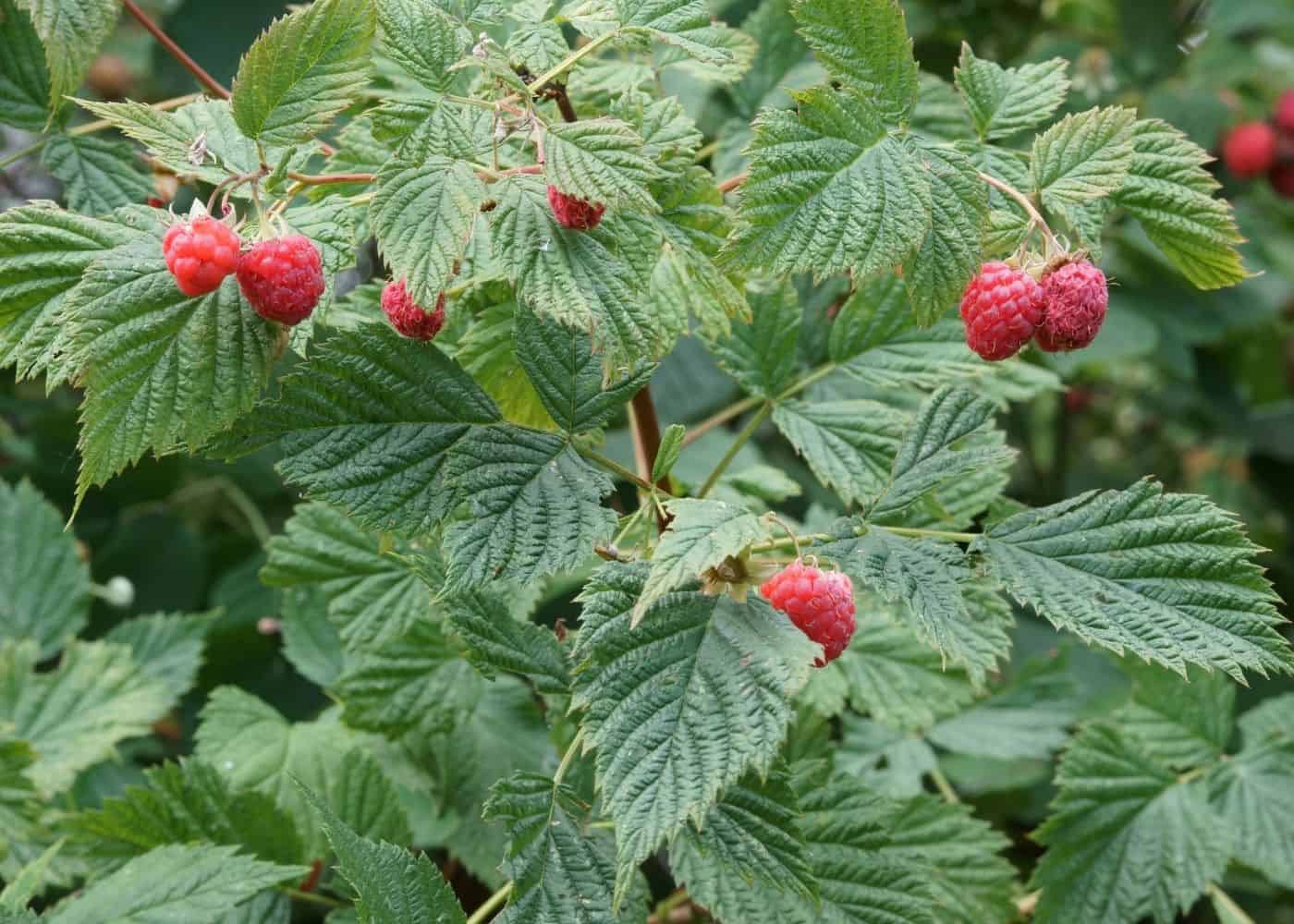
Bad companions to avoid planting nearby
Avoid planting your raspberries with or near tomatoes, potatoes, and eggplants because of potential fungal diseases, like verticillium wilt, which can spread easily from these nightshades. Beets can also be an issue near raspberries.
Fennel is infamous for being anything but an ideal companion for most, if not all, other food plants and should be planted separately and away from edible plants you want to see thrive. This includes both herb fennel (bronze fennel) and vegetable fennel (Florence fennel).
Lastly, don’t plant any finicky young plants near raspberries. Raspberries tend to grow vigorously and can bully other plants. Be sure to give attention to anything near the raspberries so it can get off to a healthy start despite its enthusiastic neighbor.


